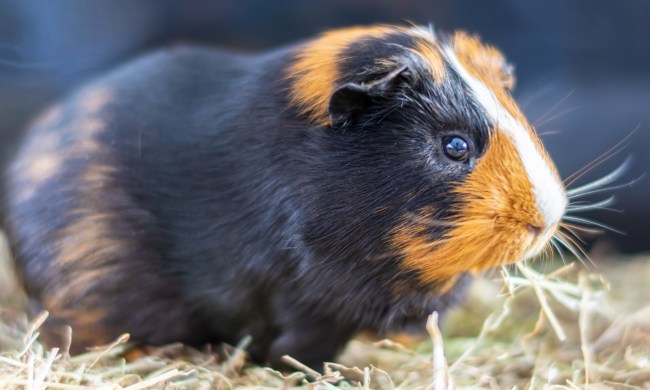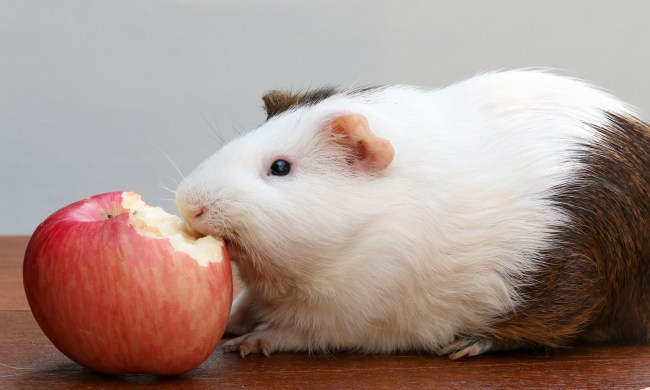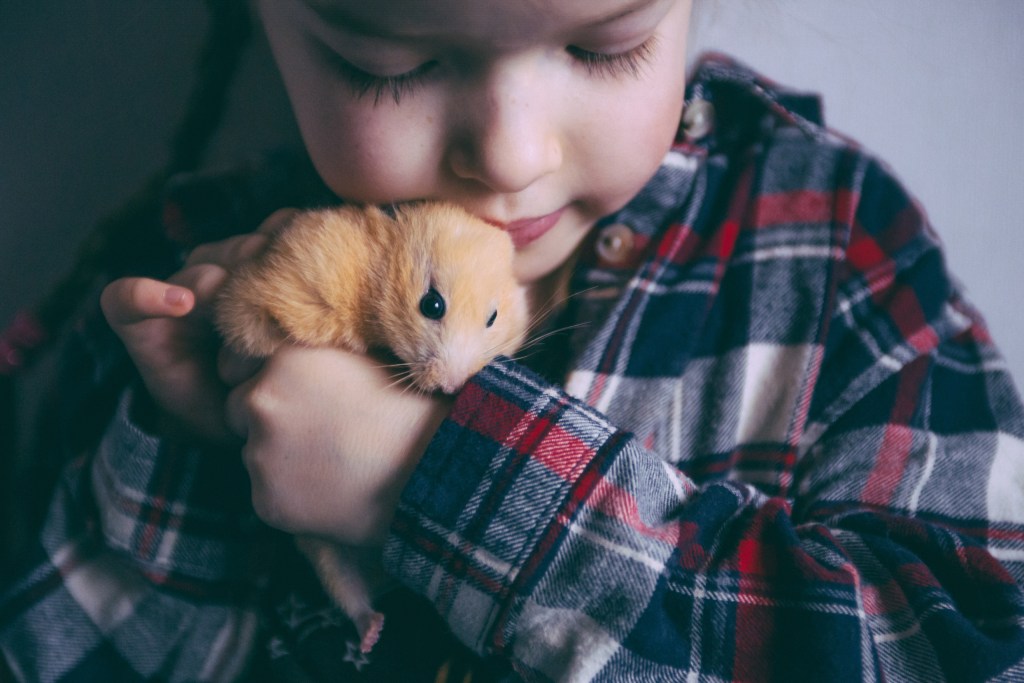
You may be jealous to learn that hamsters sleep up to 14 hours per day (wouldn’t that be nice?). But unlike humans, they don’t do it all in one fell swoop, instead waking and napping at many intervals throughout the day (and sometimes night). They’re also nocturnal, so you will likely see (or hear) them playing and running on the hamster wheel very late.
Luckily, with the right routine, you can still spend good quality time with your pet by timing it to fit both of your schedules. If you’re wondering why your hamster sleeps so much even for a rodent, it may be time to visit to the vet and see if there’s more to it.
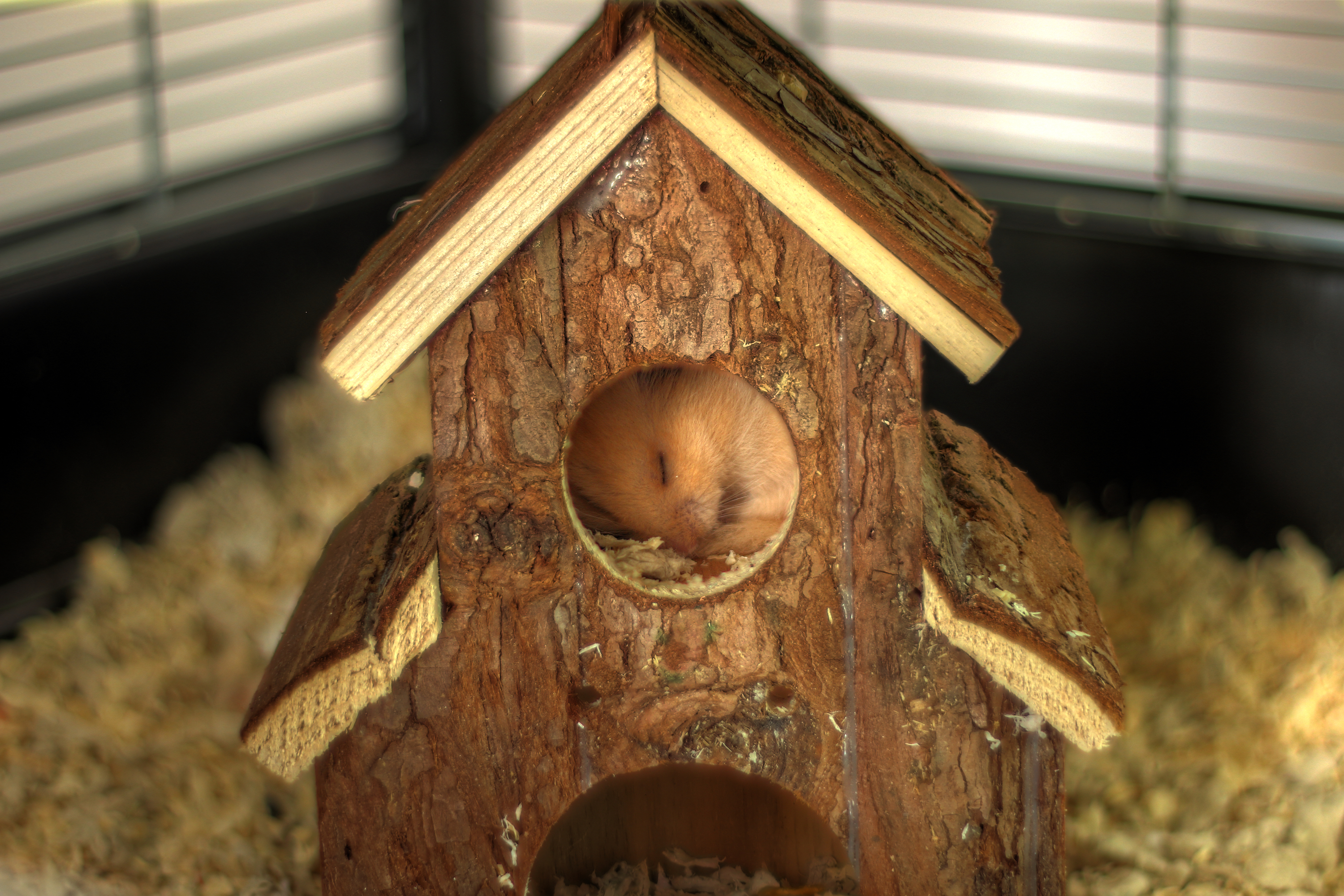
Why does my hamster sleep so much?
While 12 to 14 hours is certainly a lot of Zs, hamsters don’t really sleep all the time. Part of the reason you feel that way is because your small pet probably spends many of your waking hours passed out since they love to stay up all night. These creatures also only wake up for small periods during the day to get some food. You could be catching them at all the wrong times. If you want to spend some time with your pet, go to him at dusk when he’ll be at his most active.
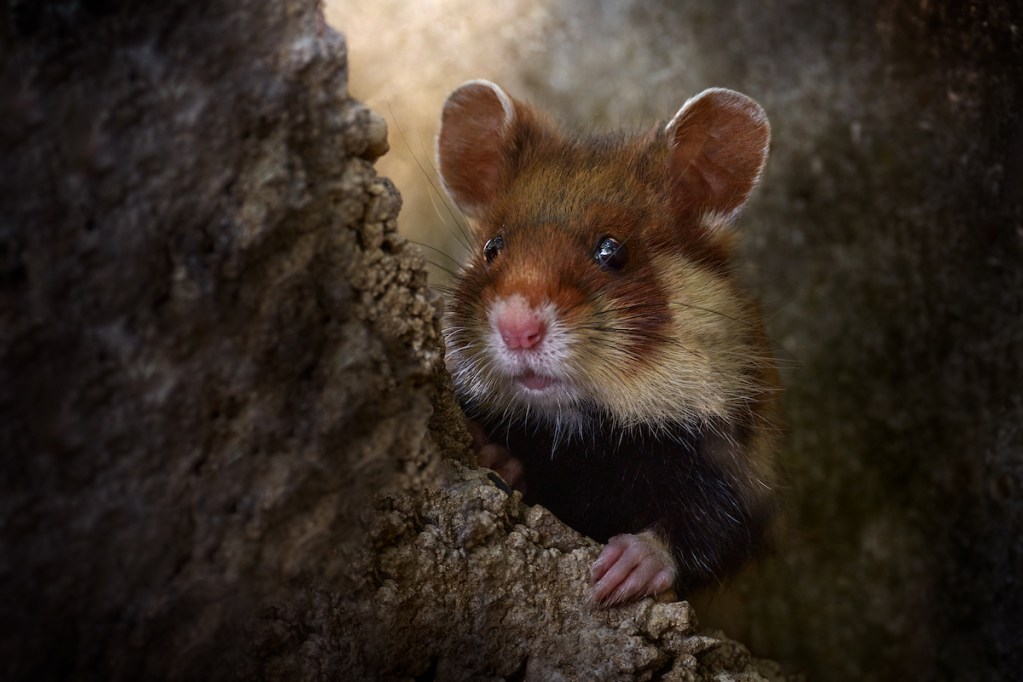
What does it mean when a hamster is sleeping a lot?
For the most part, spending much of the time asleep means that your hamster is a normal little guy who likes to snooze the day away. However, too much sleep should give you a hint that something might be off with him. For instance, he could have slipped into hibernation, which you don’t want. Usually, this happens when the cage temperature falls too far below optimum and a brisk cold has set in. This triggers hibernation in your pet, whose wild cousins need to sleep through the chilly months. You would likely see this when the room temp goes below 50 degrees but it can also be caused by drafts near the cage. Make sure your hamster is not too close to an air conditioning unit or fan.
Alternatively, if it’s plenty warm and your little creature is still oversleeping, he could have fallen ill. Hamsters are prone to colds and digestive issues that can cause them to want extra time abed. Look for other signs and symptoms that yours doesn’t feel well, like sneezing or diarrhea. Check him out closely, including his eating and pooping habits, and then call up your vet for further advice. She may want you to bring in a stool sample or she might need to run tests and blood work to determine the issue. Just as in humans, colds usually pass and your hamster will be back to staying up all night in no time.
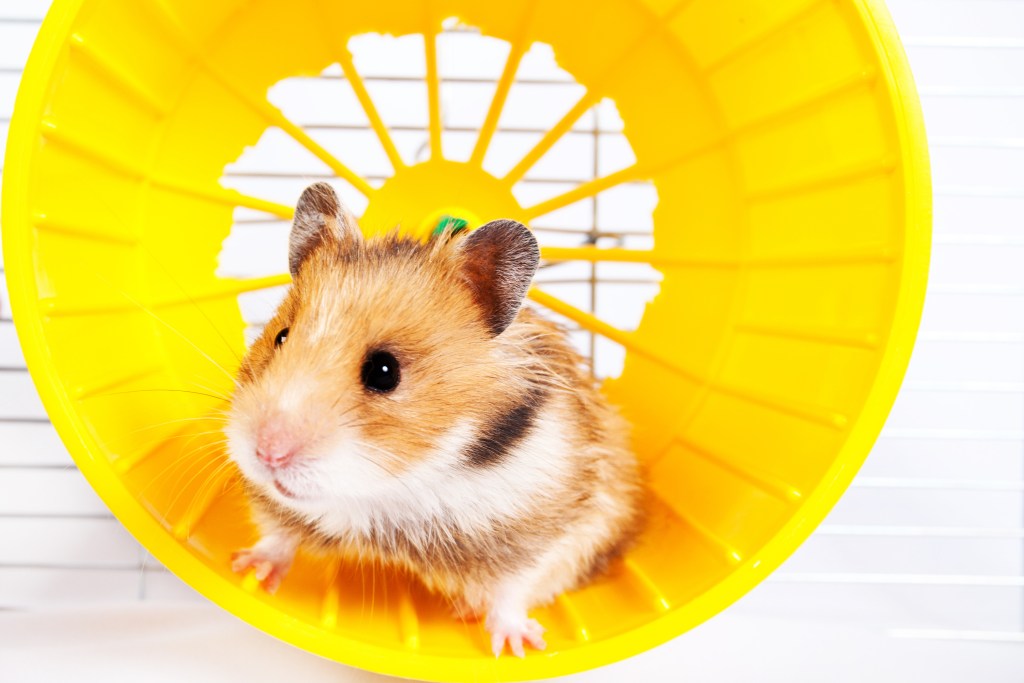
Why you shouldn’t wake a sleeping hamster?
No one likes to be woken from a deep sleep, and since your hamster snoozes much of the day, you could accidentally wake him with your daily noise. It’s best to keep him in an area of the house where the normal traffic of your morning won’t get him up and excited. On top of that, a startled hamster may bite, thinking you’re a predator rousing him from slumber.
Too much awake time during the day (when hamsters should rest peacefully) will also prevent a good deep sleep and cause stress. Hamsters get sick when they feel too much anxiety, so you don’t want your guy’s standard sleeping hours disturbed if that means he stays awake anxiously.
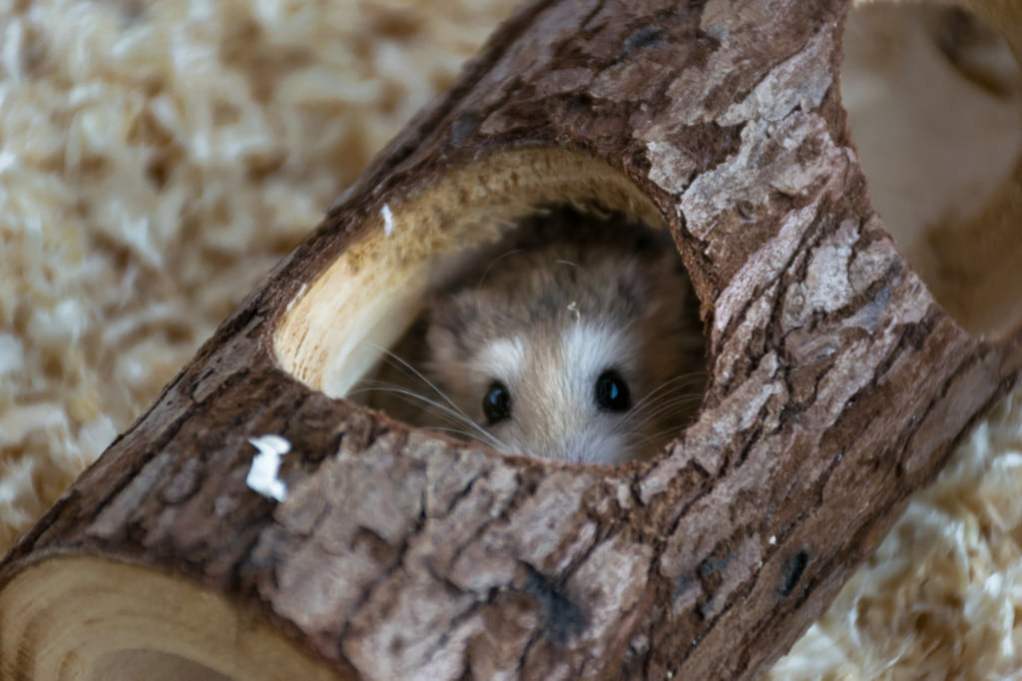
Do hamsters like the dark?
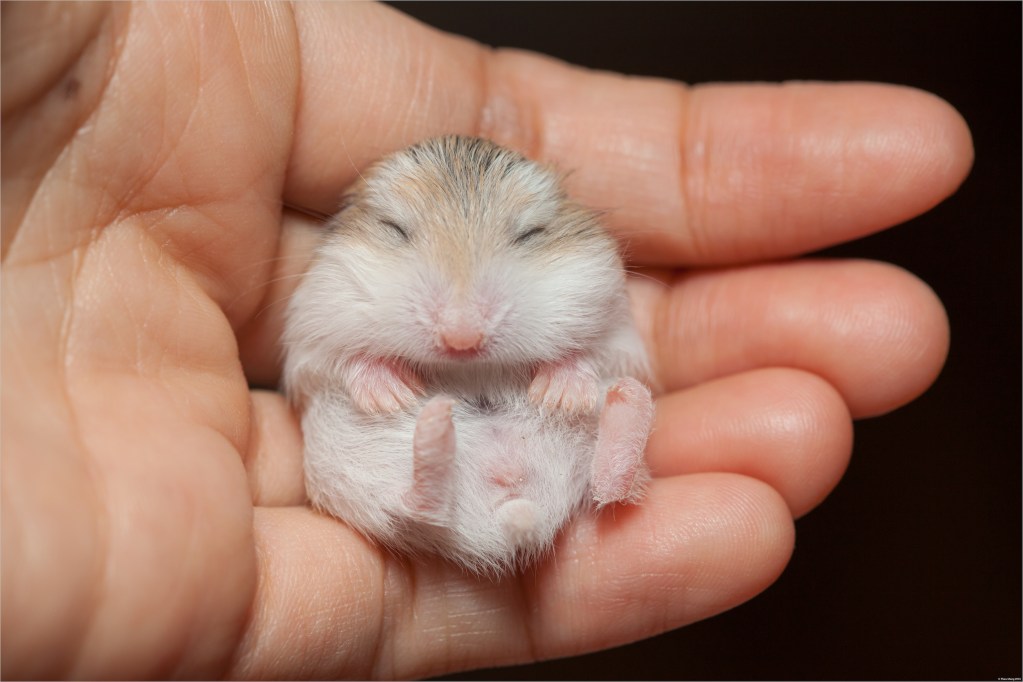
Final thoughts on hamster sleep schedules
If you were wondering why your hamster sleeps so much, worry no more. It’s just part of hamsters’ DNA to doze while most predators are active and it’s too hot outside to search for nourishment. They prefer to come out at dusk, when it’s both safer and cooler, to hunt down seeds and puddles.
Don’t try to bend your hamster’s schedule too much to match yours. Instead, find common ground between you, like in the evening. You can take your hamster out of his cage and spend some time playing just after dinner and then provide numerous toys and exercise equipment at night to keep him entertained while you sleep.

